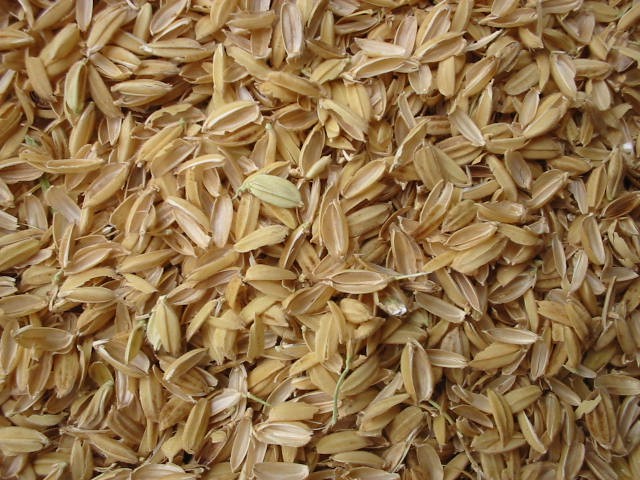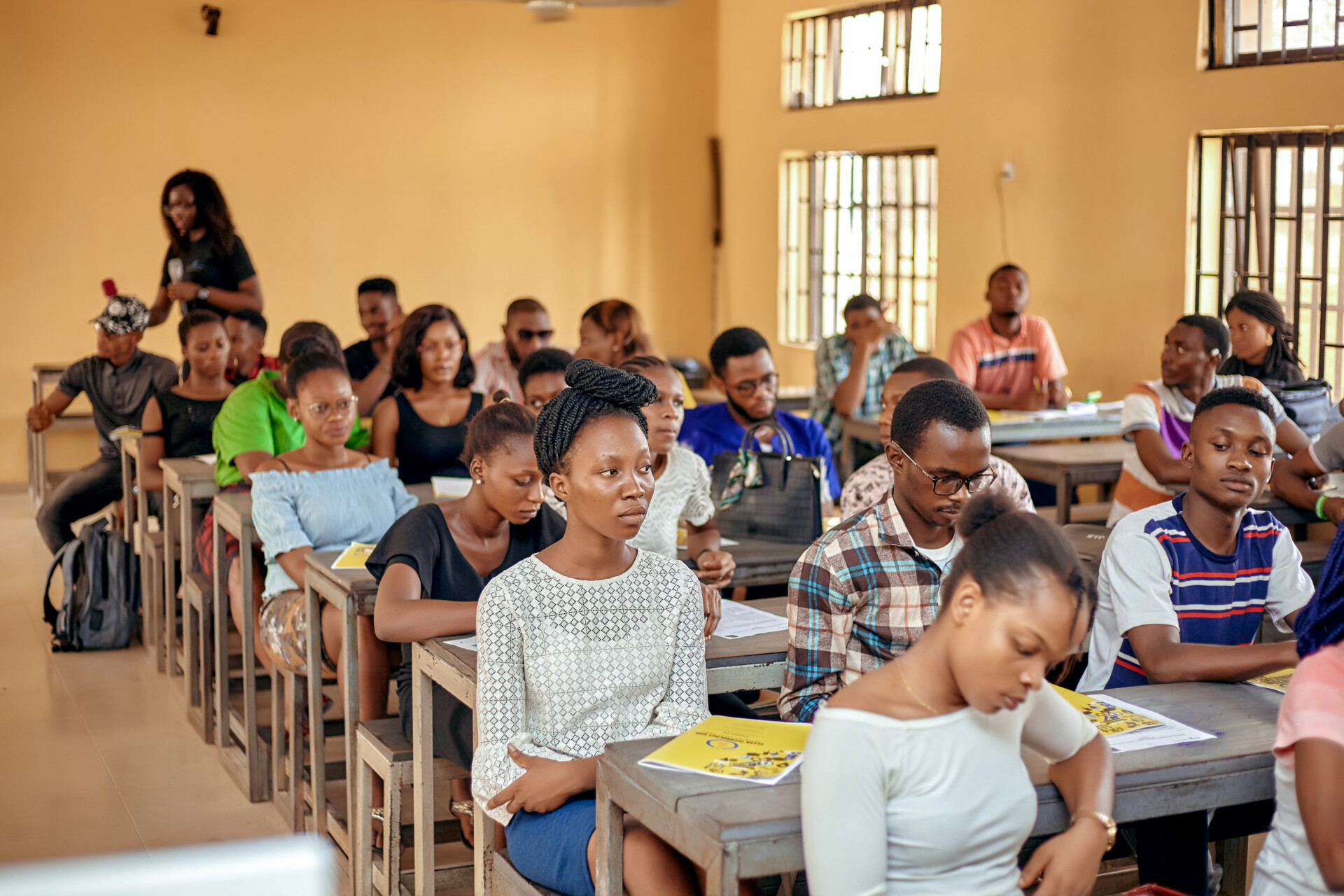Biraj Gautam and Rabin Shrestha share their lessons from the latest visits to the micro hydro power sites in Jumla and Baglung.
New Project: Supporting Energy Switch In The Cambodian Garment Industry
Our new cooperation with GERES aims to demonstrate the potential of rice husks as a promising energy alternative for all supply chain stakeholders in the Cambodian garment industry.
The Cambodian garment sector’s total consumption of firewood is estimated to be about 302,000 tonnes per year. Currently, most of the wood comes from Economic Land Concessions clearing, which has rendered the price of wood artificially low.
One promising alternative could be the use of rice husk briquettes, as Cambodia produces around 1.5 million tonnes of rice husk each year. In Vietnam, for instance, rice husk is already widely used as an alternative fuel source.
This SEPS exchange will organise two study tours to Vietnam and one conference.
- One study tour will enable 10 Cambodian rice millers to visit Vietnam to benchmark already proven rice husk processing technologies;
- The other study tour will provide 10 garment factory owners with knowledge on renewable energy boiler equipment and will replicate successful technologies in Cambodia;
- Finally, the capitalisation conference will bring together rice millers, factory owners, international brands and public authorities to raise awareness of the environmental footprint of the manufacturing industry and introduce alternative options for a sectoral switch to sustainable fuel consumption in the Cambodian garment industry.
Updates on the activities will be published in our news blog. More general information on this collaboration between WISIONS, GERES, the Cambodia Climate Change Alliance and H&M is available here: Supporting the Energy Switch of the Garment Industry in Cambodia through Increased South-South Knowledge Exchange among the Value Chain Stakeholders


